It's time for every writer to break out of the rut so that Vietnamese literature can have more truly groundbreaking and moving works.
On October 6, in Hanoi , the Vietnam Writers Association held a conference "Vietnamese Literature after 1975: Achievements, Problems and Prospects".
Go to the end of creativity
Speaking at the opening of the conference, poet Nguyen Quang Thieu, Chairman of the Vietnam Writers Association , shared frankly and deeply about the 50-year journey of Vietnamese literature after the country's reunification. He said that after 1975, the reality of the country's life opened up an extremely rich and diverse picture. From the renovation and industrialization process to thorny issues such as corruption and environmental pollution, etc. These are all abundant and vivid sources of material for literary creation.
However, the biggest obstacle to literature lies in the writers themselves. While society is changing rapidly, many writers are still in the "unreasonable safe zone" with the cover of complacency, not daring to engage in artistic creation, discovery and criticism.
The Chairman of the Vietnam Writers Association expressed that it is time for each writer to reflect on his or her courage to reach the end of creativity. If writers do not commit themselves, if society does not know how to nurture the reading spirit, then literature will never reach the stature we desire.
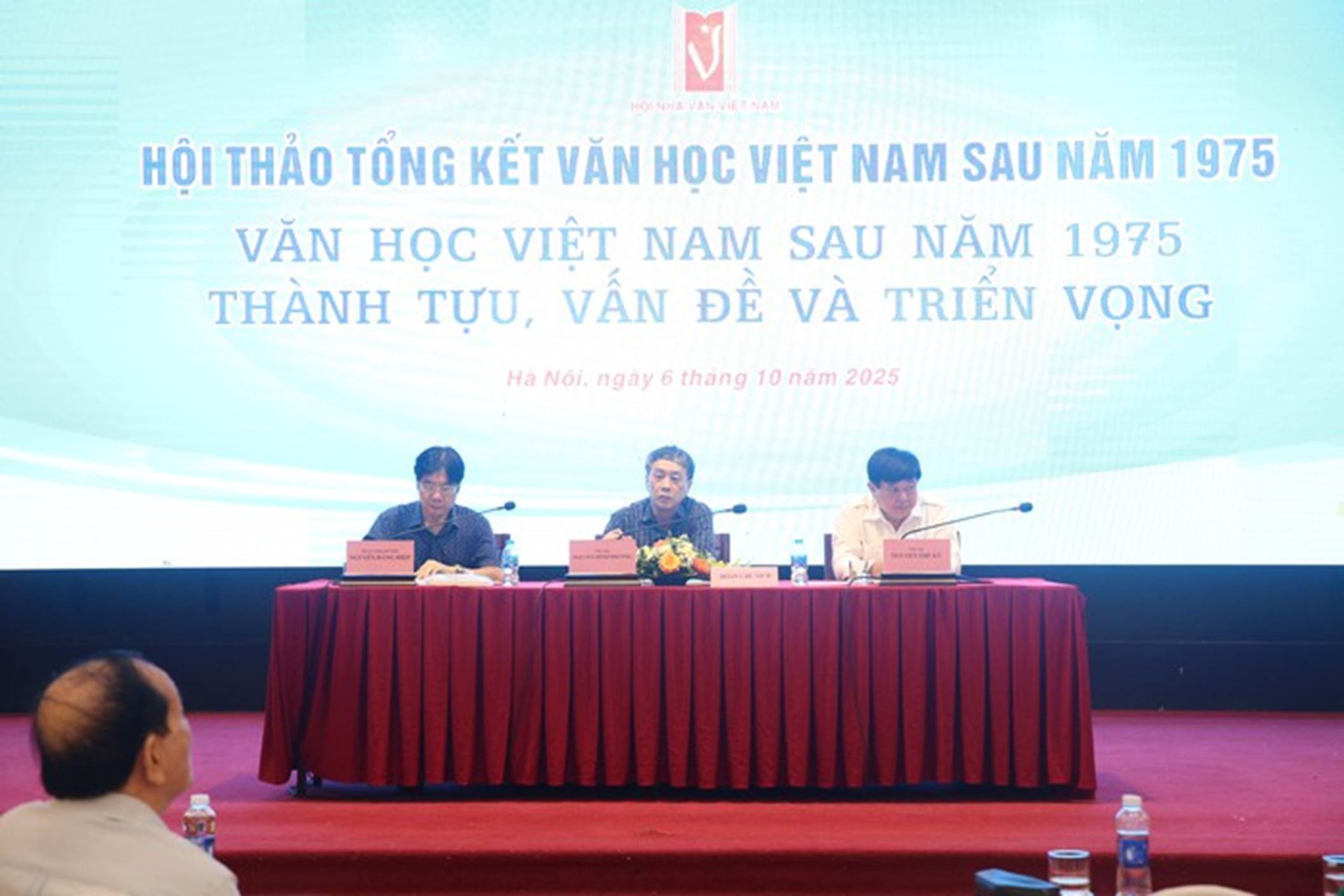 |
| Workshop “Vietnamese Literature after 1975: Achievements, Problems and Prospects” in Hanoi, October 6 |
Writer Nguyen Binh Phuong, Vice President of the Vietnam Writers Association, commented that 50 years is not a long period in the history of human development but it is a very significant period of time for a literature. Through two seminars in Ho Chi Minh City and Da Nang , the Writers Association received many contributions. The assessments of Vietnamese literature over the past half century are divided into two issues, two relatively different viewpoints. From the humanistic perspective, there is a stream of opinions that Vietnamese literature over the past 50 years has fulfilled its mission and duty well, has portrayed the situation of the nation, and the fate of the Vietnamese people in the turbulent flow of historical development.
Literature has also courageously dissected the most burning issues of society, mended post-war wounds in the hearts of the nation, and created its own cultural features. But on the other side of the issue, there are also very strict opinions that, in the past 50 years, literature has not fulfilled its function well in creating the spiritual life of society in a humane and international direction. It has also avoided the truths and hidden corners that human life is facing.
Innovative literature tries to go into the deepest layers, yearning to address the core issues of human life. Criticizing and not hesitating to expose the truth, daring to write about things that literature had never known before, all with the sole purpose of supporting people, guiding people towards good things. It can be said that after 50 years, Vietnamese literature has taken a big step on the path of modernization to gradually integrate into world literature.
According to poet Tran Anh Thai, perhaps there has never been a period in history where writers have been as free to express all their thoughts as during the recent renovation period. This renovation has taken place in a vibrant, profound, strong, and fierce manner with countless rich and diverse ways of expression to fully exploit the spiritual depth and hidden corners in the depths of the human soul.
Literature penetrates every corner of everyday life; it sings the song of sadness, great aspirations, and the pain of loss, hopelessness and deadlock before the storms of life with many new levels and feelings. All these efforts aim to honor art, bring literature back to its rightful place, back to everyday life, to the public, towards the good, the beautiful, the noble in the process of perfecting the personality of modern people today and tomorrow.
Shifting to the role of younger generations
Professor Phong Le believes that in terms of history, the past 50 years have been a rare, or unprecedented, change. From war (30 years), to peace (50 years), from a divided country (more than 20 years) to a unified country (50 years).
"Such movements must be said to be very large. Looking back over the past 30 years, since 1990, Vietnamese literary life has still had a regular appearance, with more and more new names. But it seems that all of them have not yet converged into a team with a truly "creative personality", determined by their own internal strength, without needing to cause "shock"; accepted not only by a few critics or progressive writers but by the majority of readers" - Professor Phong Le commented.
According to Professor Phong Le, to have enough potential and provisions for such a revolutionary transformation, literature, as well as any other field, needs young forces. And speaking of young means talking about generations under 30 years old, even in their 20s, not 60 or older. He expressed his hope to see major changes in the future of the country's literature and arts shifting to the role of young generations - the products and subjects of today's new reality.
Discussing awards and literary quality, poet Do Anh Vu said that perhaps in the history of awarding prizes for novels in all the years since, there has never been an achievement repeated so resoundingly as the three novels that won the Vietnam Writers Association award in the early 90s, namely "The Sorrow of War" by Bao Ninh, "The Land of Many People and Many Ghosts" by Nguyen Khac Truong and "The Wharf Without Husbands" by Duong Huong.
The works have a profound influence in social life, not only creating resonance within the country but also beyond the borders of Vietnam. Meanwhile, poet Nguyen Viet Chien, in his speech on the mission of national harmony and reconciliation, assessed that many domestic and foreign writers in recent times have begun to dialogue, seek each other out, read each other's works, thereby erasing inherent prejudices.
According to the poet, after 50 years, those who directly participated in the war have grown old, many have passed away. A new generation born and raised in peace is receiving memories of war as fragments. If literature does not speak up to connect those fragments, collective memory will gradually fade away.
Colonel and poet Tran Anh Thai commented that after 1975, Vietnam's literary life had strong changes. The policy of "unleashing" (1986) was truly an important milestone marking the renewal of thinking and perspective, encouraging straightforward truth-telling, creating opportunities for a multi-dimensional and open trend in literature and art.
According to YEN ANH/ Nguoi Lao Dong
Source: https://baovinhlong.com.vn/van-hoa-giai-tri/202510/vuot-loi-mon-de-tao-tac-pham-dot-pha-f6d0496/


![[Photo] Prime Minister Pham Minh Chinh chairs the 16th meeting of the National Steering Committee on combating illegal fishing.](https://vphoto.vietnam.vn/thumb/1200x675/vietnam/resource/IMAGE/2025/10/07/1759848378556_dsc-9253-jpg.webp)












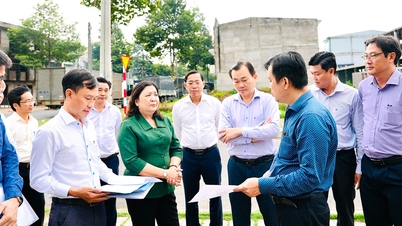









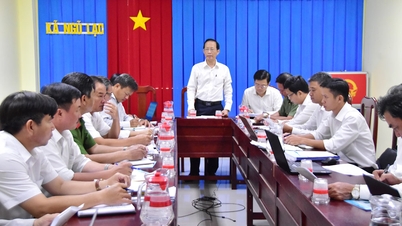
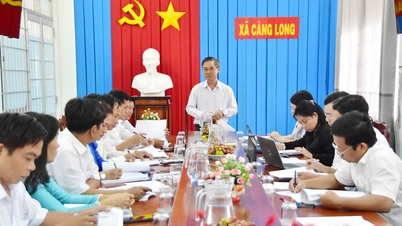

![[Photo] Super harvest moon shines brightly on Mid-Autumn Festival night around the world](https://vphoto.vietnam.vn/thumb/1200x675/vietnam/resource/IMAGE/2025/10/07/1759816565798_1759814567021-jpg.webp)

























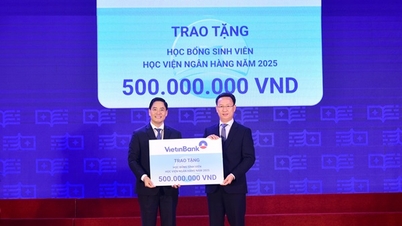









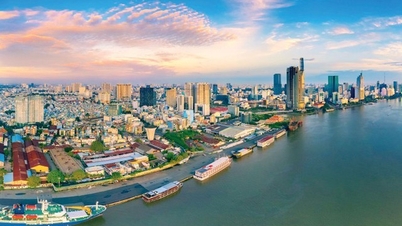











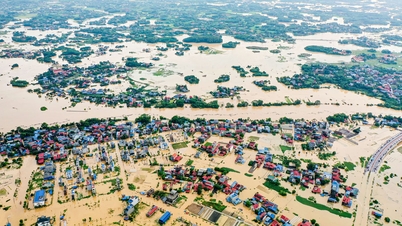

















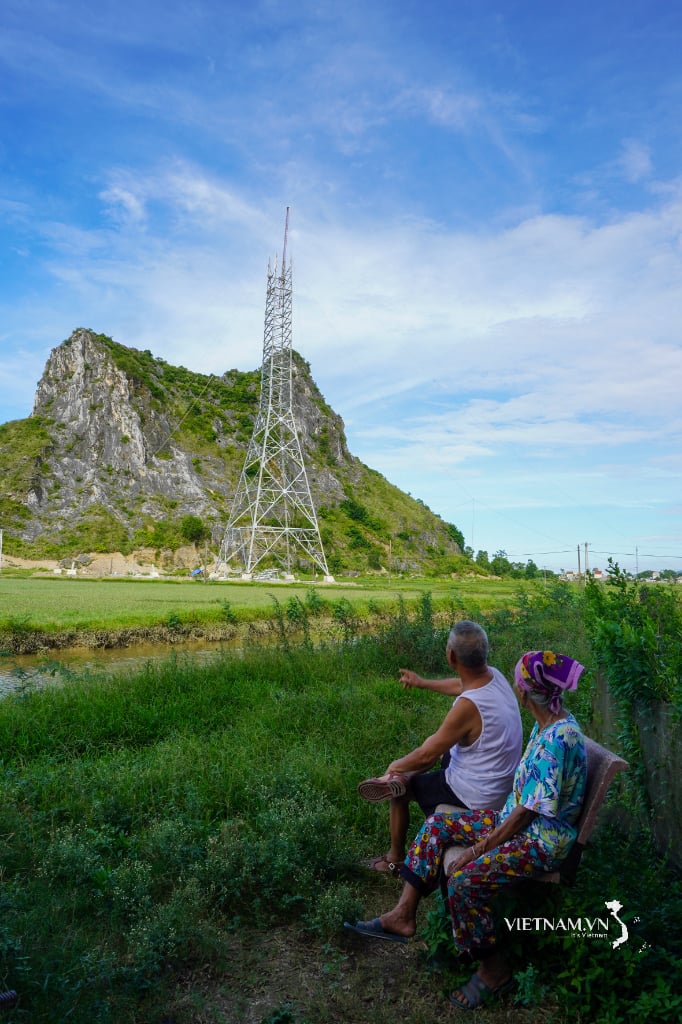
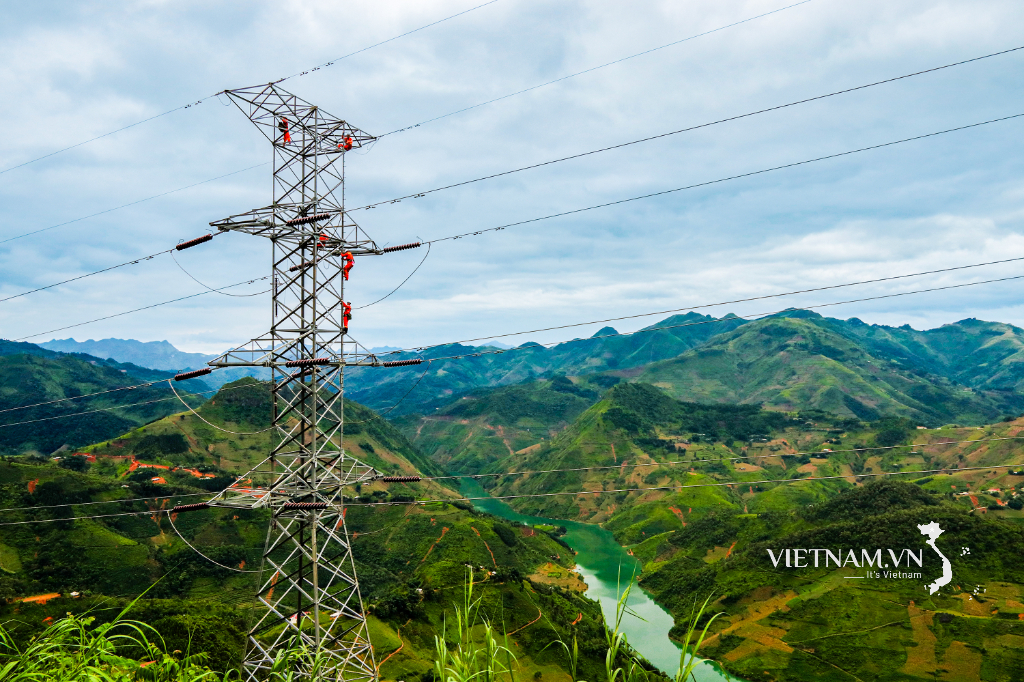


Comment (0)